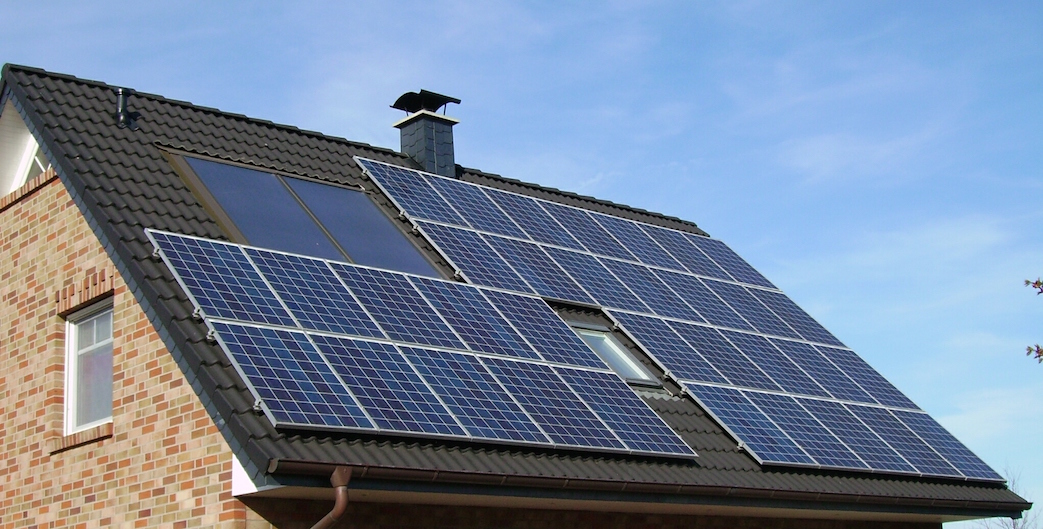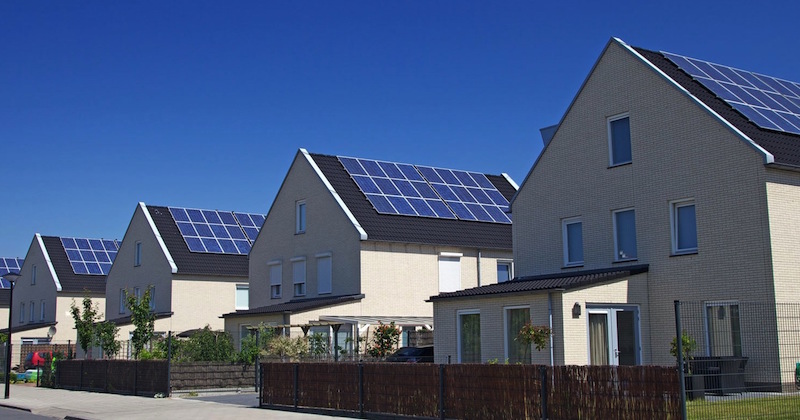What Is a Power Purchase Agreement?

As those utility bills keep continuing to climb, you know you need a way to get them under control. I began the process of learning about Power Purchase Agreement (PPA) for that very reason.
- What is a Power Purchase Agreement?
- Are you interested in adding solar panels to your home or business, but lack the upfront capital to do so?
- Do you want to start saving money on power from day one, instead of waiting for the system to, “pay for itself”?
- Do you want to stop feeling guilty about how using power in your home is affecting the environment?
More...
What I found out is that a power purchase agreement can help, especially when your intentions are in the right place, but your budget just can’t be stretched much farther.
A Solar Power Purchase Agreement (SPPA) is a financial arrangement in which a third-party developer owns, operates, and maintains the photovoltaic system, and a host customer agrees to site the system on its roof or elsewhere on its property and purchases the system's electric output from the solar services provider for a predetermined period.
A power purchase agreement is actually a pretty good win-win arrangement because others out there are looking for places to put solar panels, and would really love to use your roof so they can generate income.
To better understand it, let’s begin with your other option.
How a Typical Grid-Tied Solar Setup Works
In a typical grid-tied setup, you select a solar panel installer and then either pay for the entire system up front or finance it. Your system is installed so that you are selling the power to your utility company, with you buying back what you actually use.

When net metering is in place, you can earn money if you produce more than you use. What you earn might or might not cover your payment if you finance it, and would eventually have you recoup the cost of the system. That takes time, however.
On top of those uncertainties, you’ll also need to maintain the system and cover the cost of any breakdowns past the warranty period.
Benefit #1 – Little to No Upfront Costs
The first benefit you’ll enjoy with a power purchase agreement is that you do not have to pay for the solar power system, so your savings begin immediately instead of needing to recoup the cost first.
This short video further explains how a solar PPA works and how they can make solar power accessible to more people due to this benefit.
Benefit #2 – Structured Energy Costs
During the duration of your power purchase agreement, typically 10 to 25
Benefit #3 – No Risk
You are not responsible for the ongoing maintenance or performance of the solar power system. The developer takes on all costs and the risks, in return for getting the income from the extra power produced
Benefit #4 – Increased Property Value
By having a long-term agreement in place, you will also enjoy an increase in your property’s value. If you installed one yourself, you’d accomplish the same thing, but this way you can do it without spending money.
Disadvantages of a Power Purchase Agreement
While there are many benefits of going with a power purchase agreement, they aren’t for everyone. You will need to consider the possibility that a higher property value could also result in an increase in your property taxes. Another factor is that the developer is the one that gets to take any tax credits as they are the owner of the system.

While not necessarily a disadvantage, you’ll also have to have a plan in place for what to do at the end of the term. Be sure that you understand the contract provisions, such as renewal terms, removing the system or whether you can purchase it at that time.
These options are well outlined in this guide.
While on the subject of the contract, always be sure to read it carefully and fully comprehend the terms. Compare the energy cost per kWh with what you are paying now to be sure that it really is a deal for you. Understanding your contract keeps you from misunderstandings later.
Bottom Line
It is interesting to note that even some state and local government entities are turning to power purchase agreements as a financing mechanism for adding solar power to government buildings and properties. The National Renewable Energy Laboratory (NREL)’s Energy Analysis Fact Sheet entitled Power Purchase Agreement Checklist for State and Local Governments guides them through the process.
With the cost and risk benefits involved, you may find that this is an ideal way for you to go solar and thus be able to be part of the global warming solution especially if you don’t have tens of thousands to spend on a system.
Please feel free to comment if you have any questions, and share with others who you know would like to make the switch to solar power
Image credits: via FlickR under CC license
